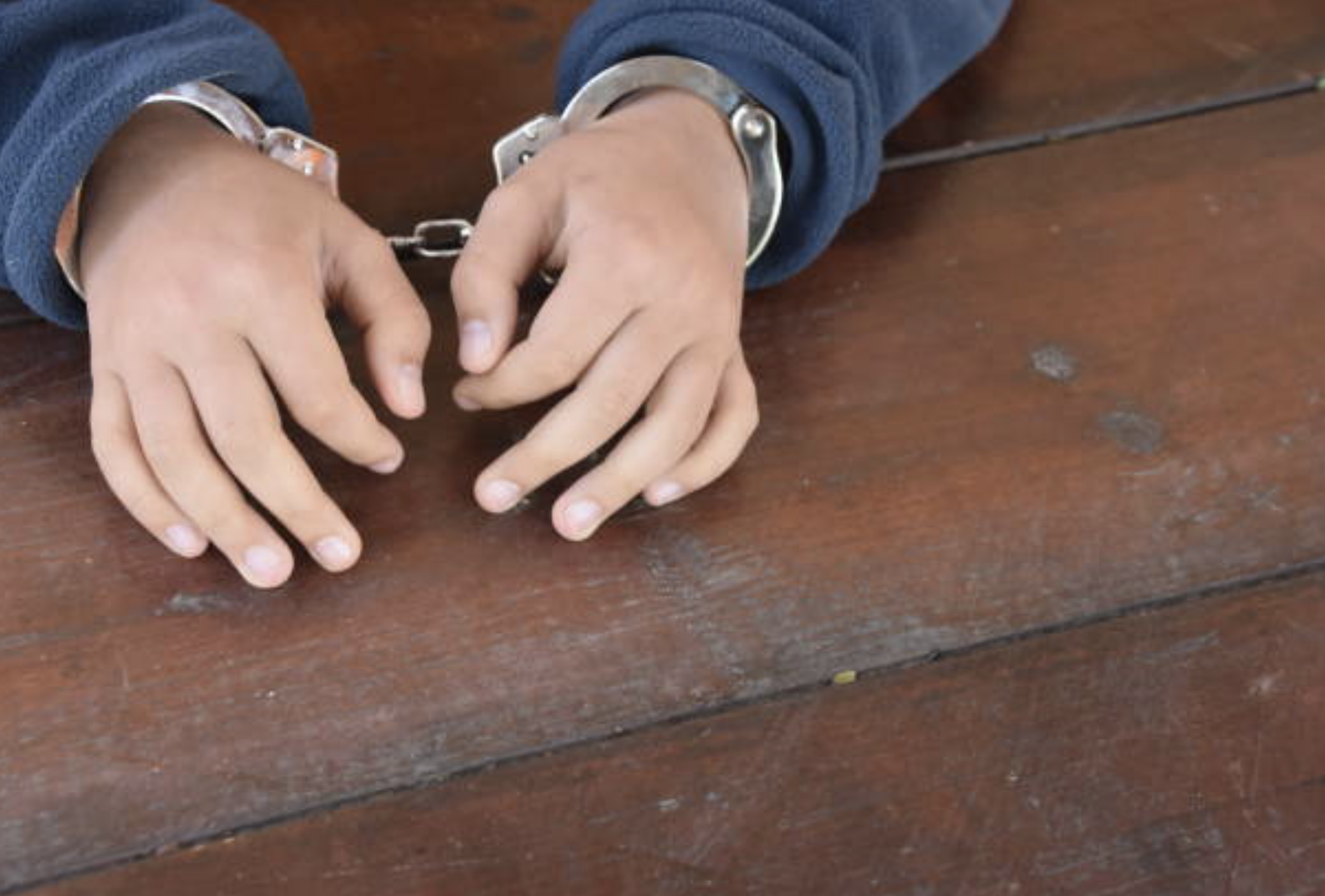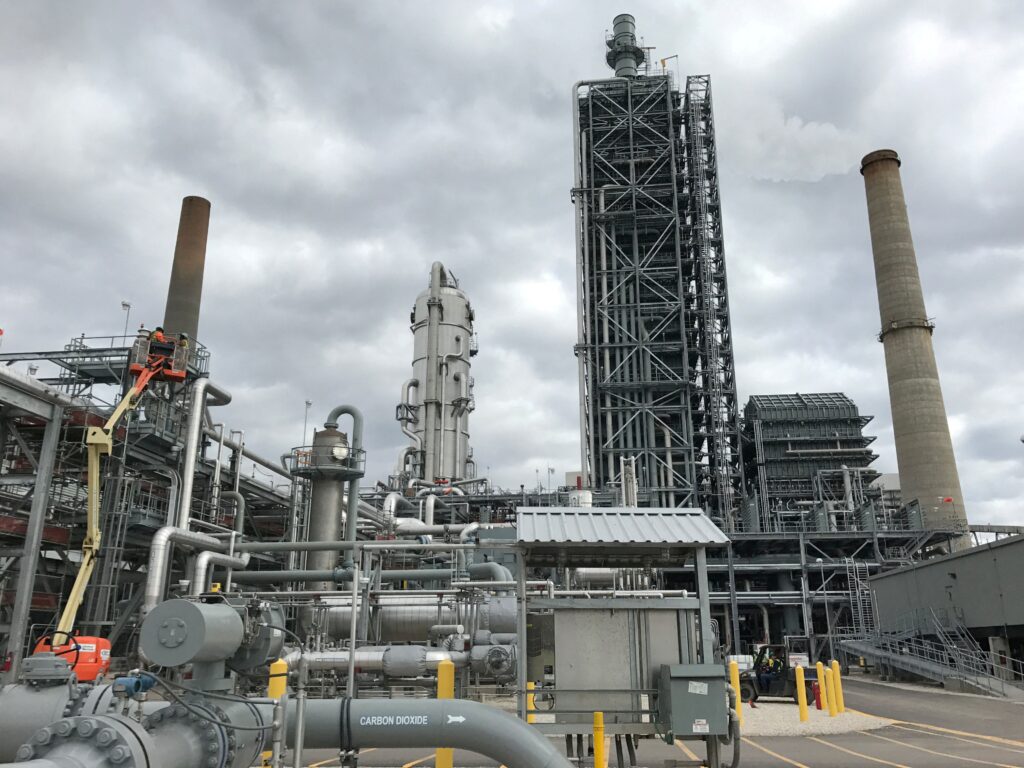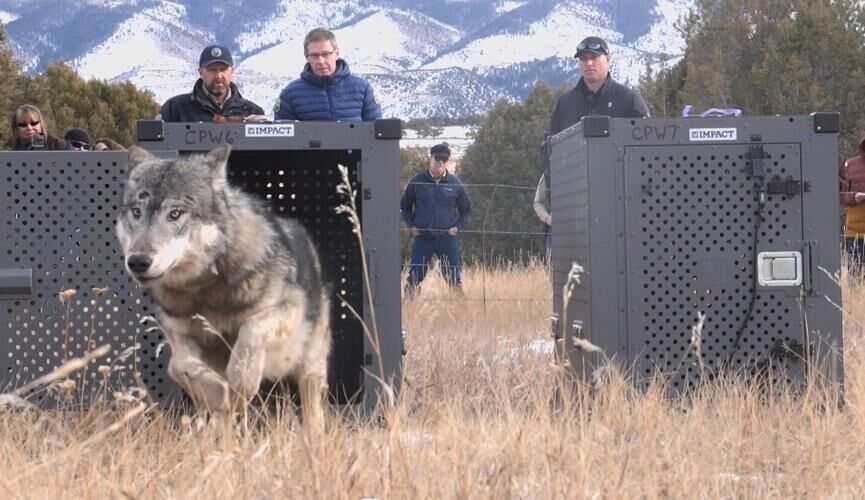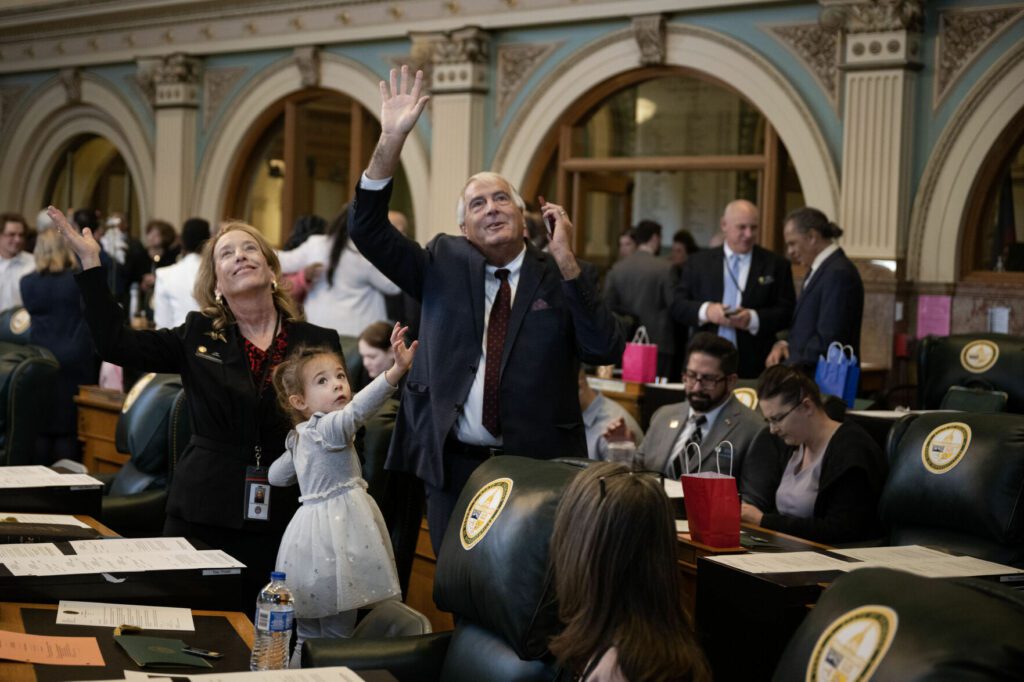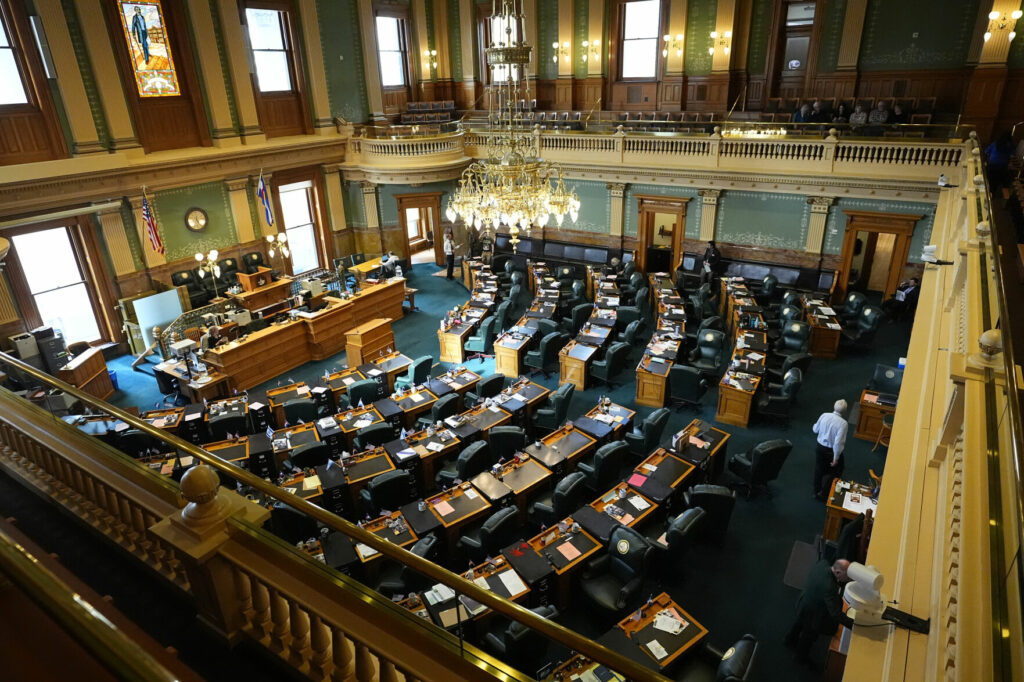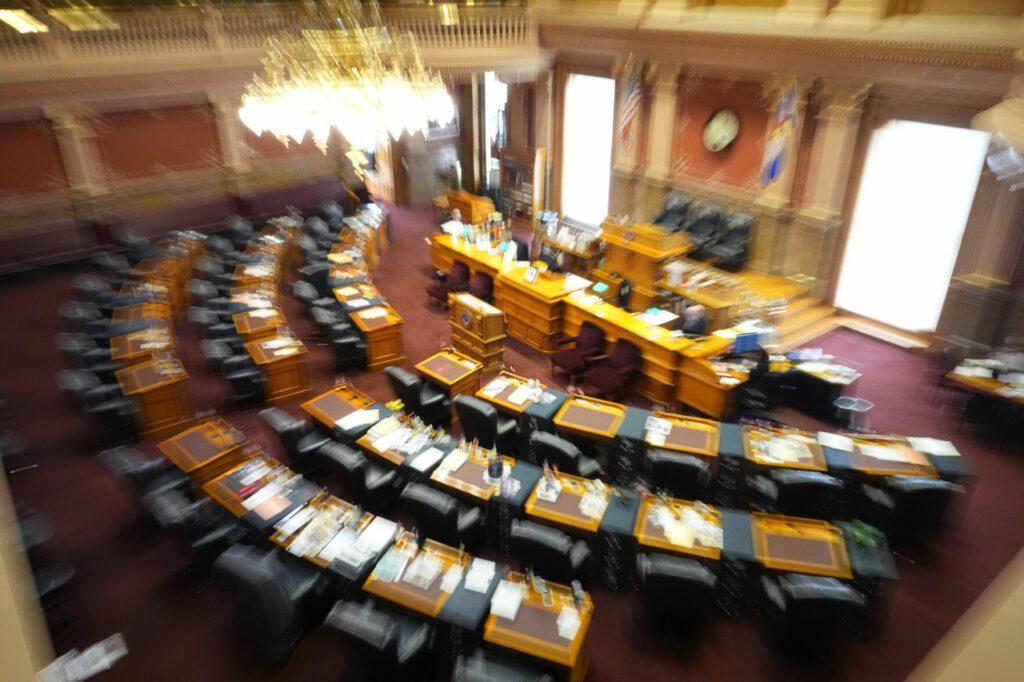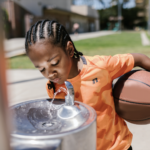Lawmakers OK study on raising minimum age to criminally charge children
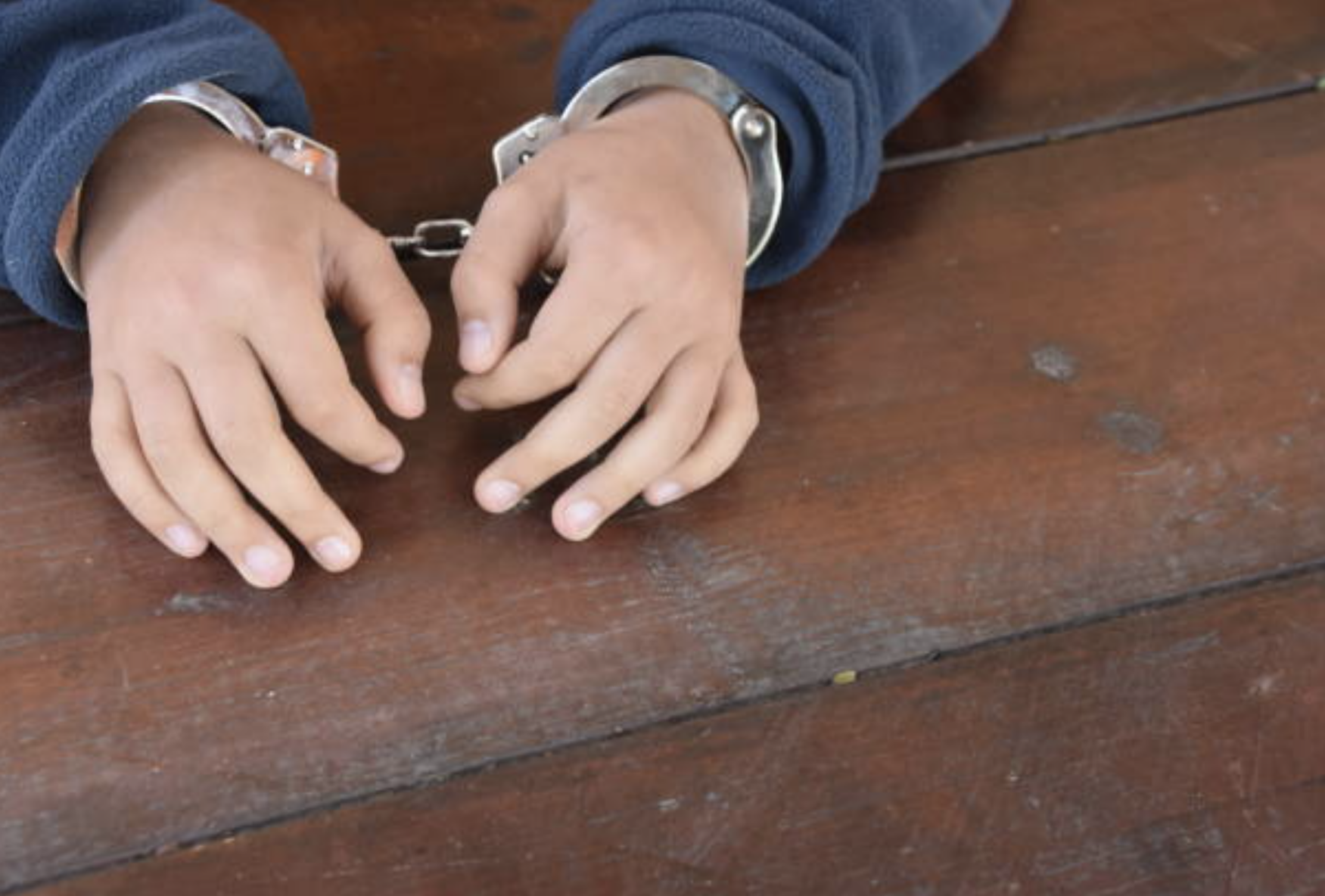
State lawmakers passed a bill Monday to create a task force to study potentially raising the minimum age that Colorado children can be charged with most crimes.
As originally drafted, House Bill 1131 would have increased the age for criminal prosecution from 10 to 13 years old, except in cases of murder or sexual assault. Lawmakers since amended the bill to only create a task force that would recommend how to better serve children ages 10, 11 and 12 who commit crimes without putting them in the criminal justice system.
“This is the first step to us being able to imagine a Colorado where we don’t arrest and detain children at the ages of 10, 11 and 12,” Sen. Julie Gonzales, D-Denver, who sponsored the bill, said. “Unnecessary involvement with the justice system, including arrest alone, can be harmful to a child’s development.”
The rewrite of the bill came after lawmakers on both sides of the aisle expressed concerns about the original bill, questioning whether not criminally charging younger children would prevent them from accessing needed resources, such as court-mandated therapy. The original bill would have gone into effect in 2024, allowing just over a year to figure this out.
Senators approved the amended bill in a 21-14 vote on Monday, with all Democrats voting “yes” and all Republicans voting “no,” except for Republican Sens. Kevin Priola of Henderson and Rob Woodward of Loveland. Last month, the House passed the bill in a 37-26 vote, with all Republicans and three Democrats voting against the bill.
Opponents disapproved of the bill’s intention to move toward eventually increasing the minimum age for criminally charging children.
“We’re talking thousands of serious offenses that a juvenile between 10 and 13 could be committing,” Rep. Matt Soper, R-Delta, said while voting against the bill. “That’s what was proposed under the original bill. I do find that it’s troubling.”
In Colorado, an average of 525 children between 10 and 12 years old are charged with crimes each year, according to state estimates. Of those, around three are charged with felonies, 64 are charged with misdemeanors, 446 are charged with juvenile delinquency and 12 are charged with traffic offenses.
Supporters of the bill said children should not have to face the trauma and potentially life-altering consequences of an arrest to get support, saying the criminal justice system doesn’t address root causes of juvenile crime. One study found that up to 90% of people in the juvenile justice system have experienced trauma, including high rates of physical or sexual abuse.
“We in this building continue to confront a fear that arresting, prosecuting and detaining children is somehow the only way to access services,” Gonzales said. “We should be able to work collaboratively and find a better path forward. We can do better and we should do better. So, let’s do better.”
Arrested children are more likely to be arrested as adults, less likely to graduate high school, more likely to be unemployed and face a higher risk of violence and sexual abuse while in detention, Gonzales said. Children of color are also arrested at disproportionately high rates. From 2012 to 2020, Black children made up less than 7% of Colorado’s 10 to 12 year old population, but made up 20% of those detained, according to state data.
The bill will now be sent back to the House to consider changes made by the Senate.
